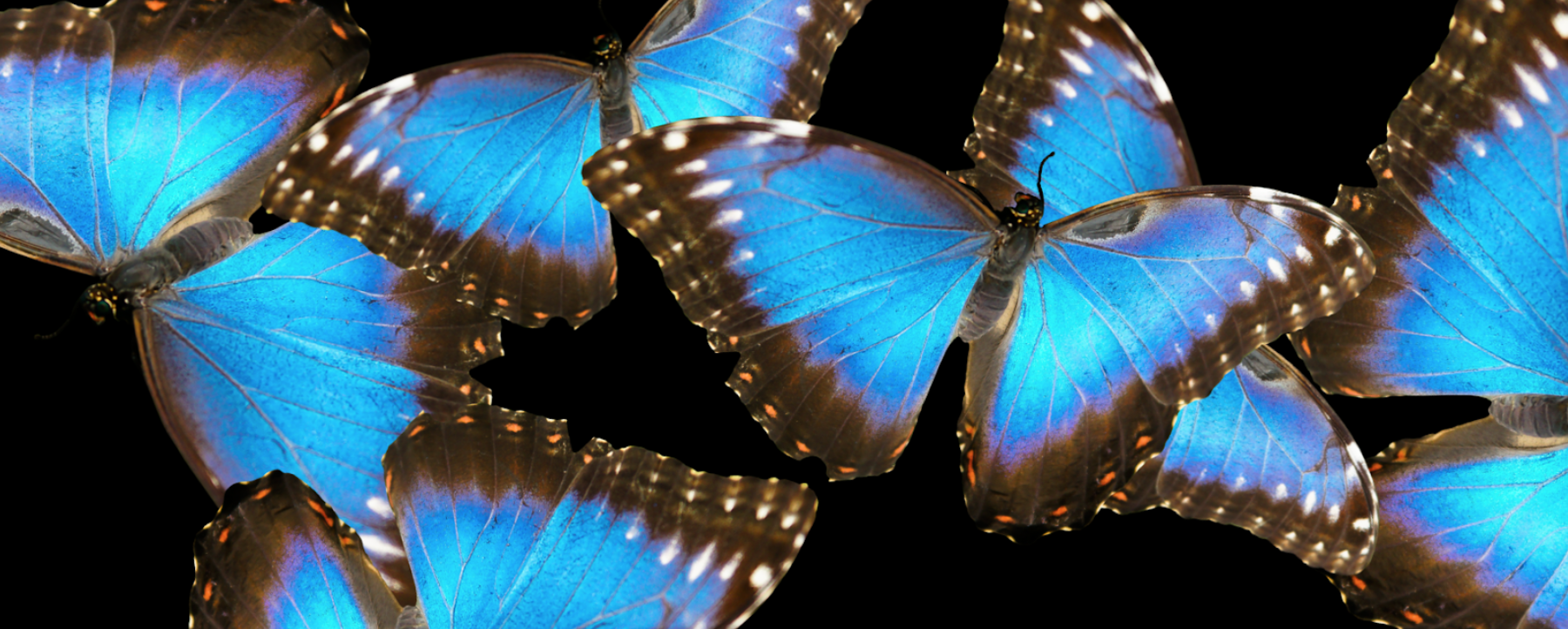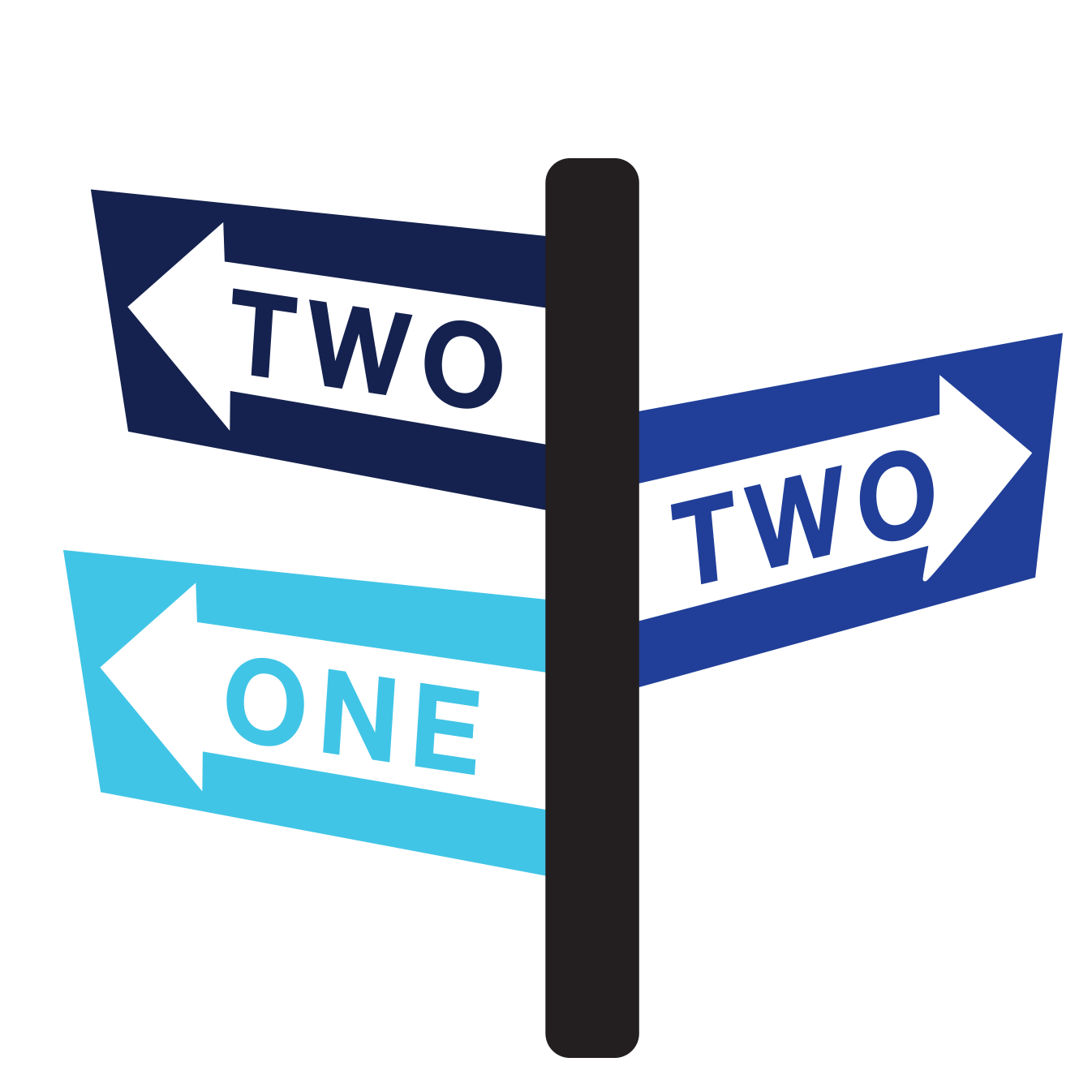What Becoming a Lesbian Taught Me about Being Straight
One of the first friends I came out to was a woman a lot like me. We’d both been raised Catholic and were white women of a certain class and liberal sensibility. Balancing mothering and working. Critical of and still participating in the patriarchy.

One of the first friends I came out to was a woman a lot like me.
We’d both been raised Catholic and were white women of a certain class and liberal sensibility. Balancing mothering and working. Critical of and still participating in the patriarchy.
I called her from the back porch at my girlfriend’s house around 9:00 in the morning after driving forty miles roundtrip to take my daughter to school.
I don’t remember what I said to her but I do remember what she said to me: “This is good,” she said. “From twenty miles away, you can transition to a new life more easily.”
She was saying I could continue mothering and also have my space. To sit high up on the rough wood of a balcony overlooking a forest and write in my journal, remember, feel, cry, heal, come to terms with what I’d done and who I was becoming. And still, pick my daughter up from school on time.
She was right.
But there were some layers to what she said that I felt at the time, like earthquake tremors that don’t become an earthquake, and I shook them off then. But now I feel them.
Highest on the Richter Scale is the fact that she did not even address that I said I was gay.
Skipped over it. Focused on the mothering. The life transition. The geography.
It was too much for her, maybe.
There is a deep and visceral fear of sexuality in our culture. And, in my experience, Catholic Americans carry this terror deep inside themselves like a knife that cuts their innards with every step.
It has to do with Mary. It is about womanhood. The fact that the Church is quite literally called the Bride of Christ. All priests are considered to be married to the Church; that’s why they can’t get married. And nuns? Well, if they are also married to the Church, then that means that they are….
Well, we won’t go there. Do not speak of it. Stop it.
I truly do not believe that my friend was consciously dismissing the fact that I was coming out to her as a lesbian. I think it went something like this.
Cassie is in crisis. I am listening.
Cassie has been in crisis before. I am making the connection.
Cassie tells me she is happy. I tell her I am happy for her.
Cassie cares about mothering. I am listening to what she is telling me about her daughter.
Cassie says she is a lesbian. I don’t even really know what that means, so I am focusing on the mothering for now.
It’s not that she doesn’t know what the word “lesbian” means. Of course, she does. She knows gay people. She’s seen The Kids Are Alright. She likes the Indigo Girls.
It’s that the Catholic Church does not see gay lives as anything but a “lifestyle” and has said that if gay people do not “act on their desires,” then they will not be sinning.
The silver lining in this logic is that gay people are not inherently bad or sinful. It is just the acts that they do that are sins.
And honestly, I had never pictured the acts in my head either, so I do not blame my friend for just skipping over it. It’s not like many Catholic mothers watch porn at nine in the morning.
But that’s the thing. In the Catholic mind–and let’s be honest, in the minds of most Americans, no matter their religious preference–being gay is pornographic. Because it shows something that is normally private.
It asks people to look at sexuality without shame.
And most people cannot do that–even and especially with themselves. And so they cannot look at others.
I think my friend thought that this would be, as she said, a “transition.” A bridge. A way of moving from one phase to the next. Maybe a dalliance, an experimentation with something alternative and exciting after so many years as a wife and mother.
I did have one friend whom I’d known longer than anyone else in Columbia, who said to me when I came out to her and told her I was getting a divorce: “Can’t you just have an affair?”
It’s interesting–the word “transition” and its implications in the LGBTQ community. It’s not that we don’t transition. Some of us do, quite literally. It’s that what we are trying to do is the exact opposite of a bridge, a phase, a dalliance, and experimentation.
We want, deeply, deeper than anything, to be known and seen and accepted for who we are.
It’s about being.
It’s about essence.
Yes, we’ve read all the poststructuralist theories and we know that everything is constructed, and we realize the impermanence and slipperiness of identity categories and we are aware that how we use languages literally creates us and shapes our lives.
The truth is that many white heterosexual women still live under performative and transactional conditions of desire—in their bodies, in their hungers—where food and sex are connected to money.
And so, when my white, heterosexual, female, and married mother friends did not address the fact that I was a lesbian and in love with a woman, they were saying the following:
Your essence is invisible to me.
Because I have no essence.
My sexuality is a kind of transaction.
Affairs are more acceptable than breaking the contract.
Good luck out there.
I am keeping my benefits.
And if I need more, I can have an affair.
-
But coming out is the exact opposite of having an affair.
It means taking the chance of losing the social and economic benefits of being straight.
It means you’re being truthful.
It means you have courage.
It means you’re proud of who you are.
Cassie Premo Steele (she/her) is a lesbian, ecofeminist, mother, poet, novelist, and essayist whose writing focuses on the themes of trauma, healing, creativity, mindfulness, and the environment. She holds a Ph.D. in Comparative Literature and Women's, Gender and Sexuality Studies from Emory University in Atlanta, Georgia; she has published sixteen books, including six books of poetry; and her poetry has been nominated six times for the Pushcart Prize. She was a Finalist for the Rita Dove Poetry Award judged by the current U.S. Poet Laureate Joy Harjo. She has also been awarded the John Edward Johnson Prize and the Carrie McCray Literary Award for Poetry. She is a recipient of the Archibald Rutledge Prize named after the first Poet Laureate of South Carolina, where she lives with her wife.
